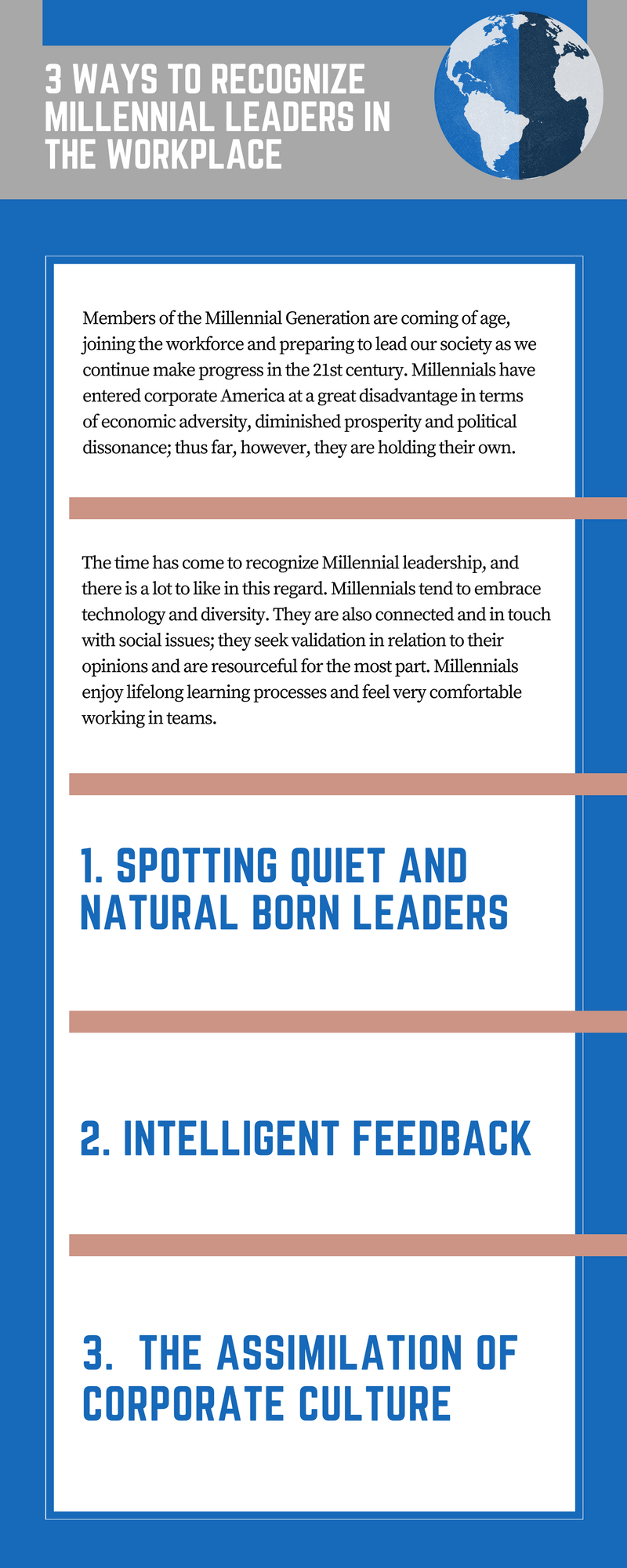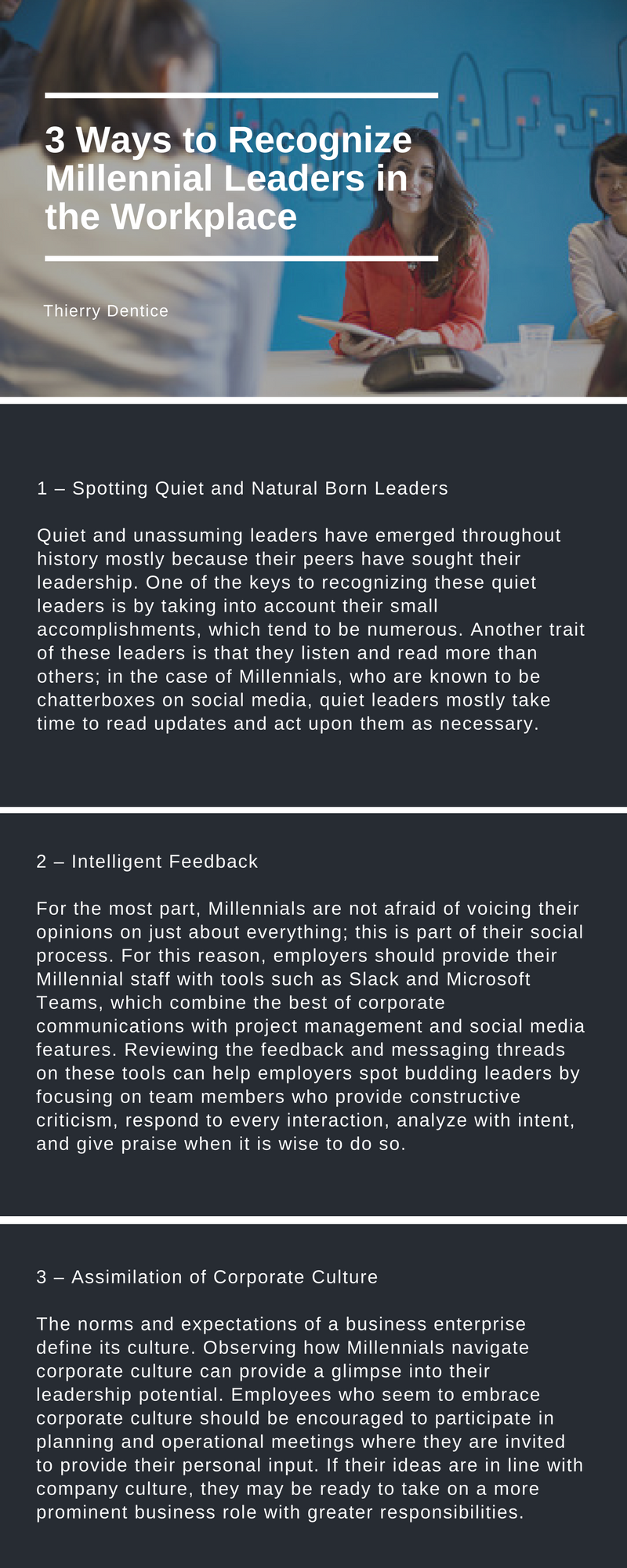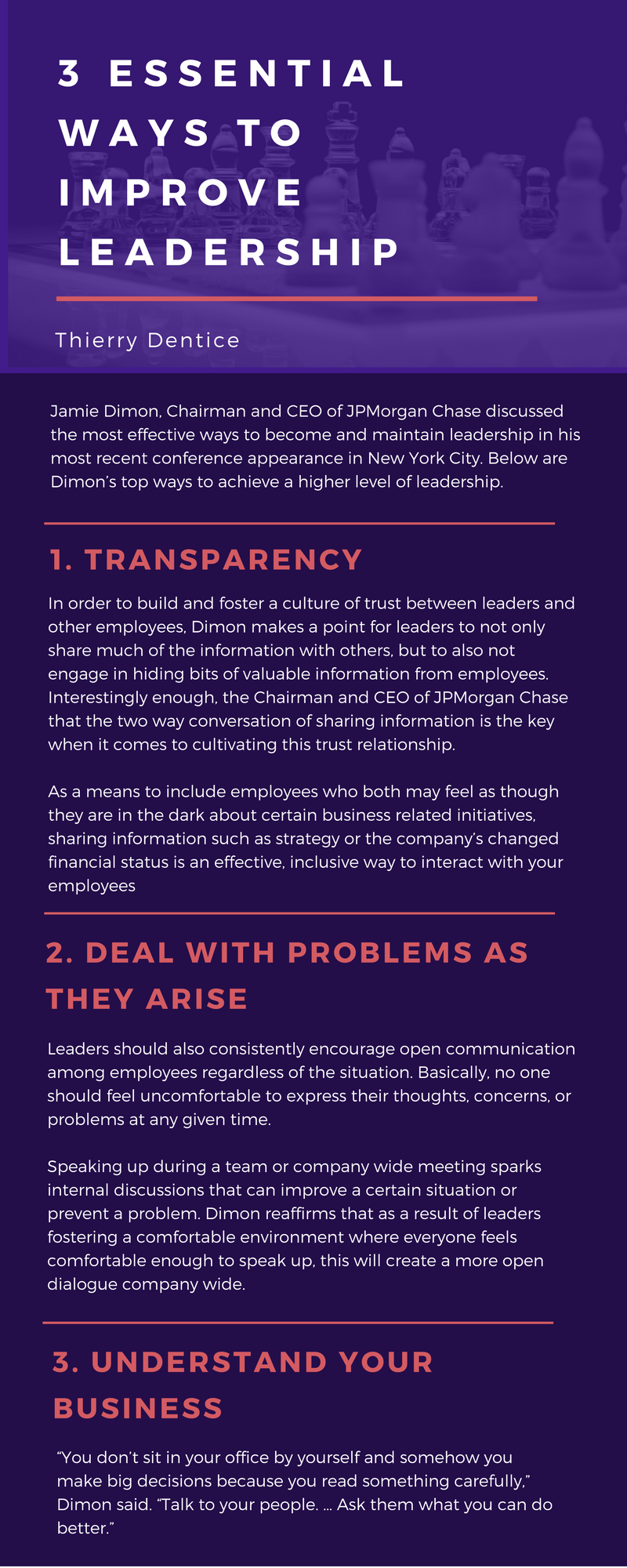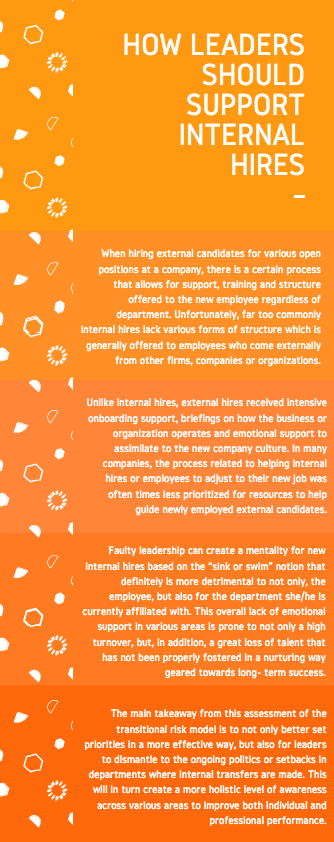Lack of support from leaders, in-effective communication, unreasonable deadlines, unfair treatments, blurred boundaries between home and workplace, unclear job expectations are the major causes of employee burnout in workplaces.
How to Prevent Employee Burnout in Workplaces
We live most of our lives in our heads; making it an inhabitable place is the first significant step to a healthy functioning person. As most of the attributes are mostly intangible, having a degree of emotional intelligence, including self-awareness, curiosity, and courage, are significant prerequisites. Taking the following steps to ensure safe working atmospheres for high productivity;
- Encourage Paid Time Off; Employees do not utilize their time off because they know of the many company policies on holiday pay cuts. Reforming such company policies encourage increased productivity, and it’s most likely to motivate them.
- Having Wellness Programs and Health Insurances; Perks of being alive is critical for injuries, health disruptions, and even death. Checking on their welfare by emphasizing additional wellness resources, financial wellness resources, fitness programs, etc., fosters an excellent long-term employee-employer relationship.
- Having Wellness Programs and Health Insurances; Perks of being alive is critical for injuries, health disruptions, and even death. Checking on their welfare by emphasizing additional wellness resources, financial wellness resources, fitness programs, etc., fosters an excellent long-term employee-employer relationship.
- Creating a positive conflict environment: Having hall meetings, period to period surveys about the work setting encourages positive feedback and actionable consequences. Laura Delizonna, a Stanford University instructor, author, and speaker, states that psychological safety is not about being friendly and polite but transparent and authentic. This attribute breeds a constructive ground for the positive feedback.
Employee burnout affects both the employee and the employers alike. Approaching the issues through prevention saves both parties the unlikely aftermath. The meaningful collaboration eventually breeds growth for those involved.








